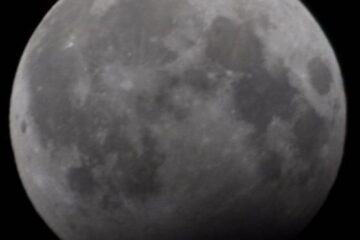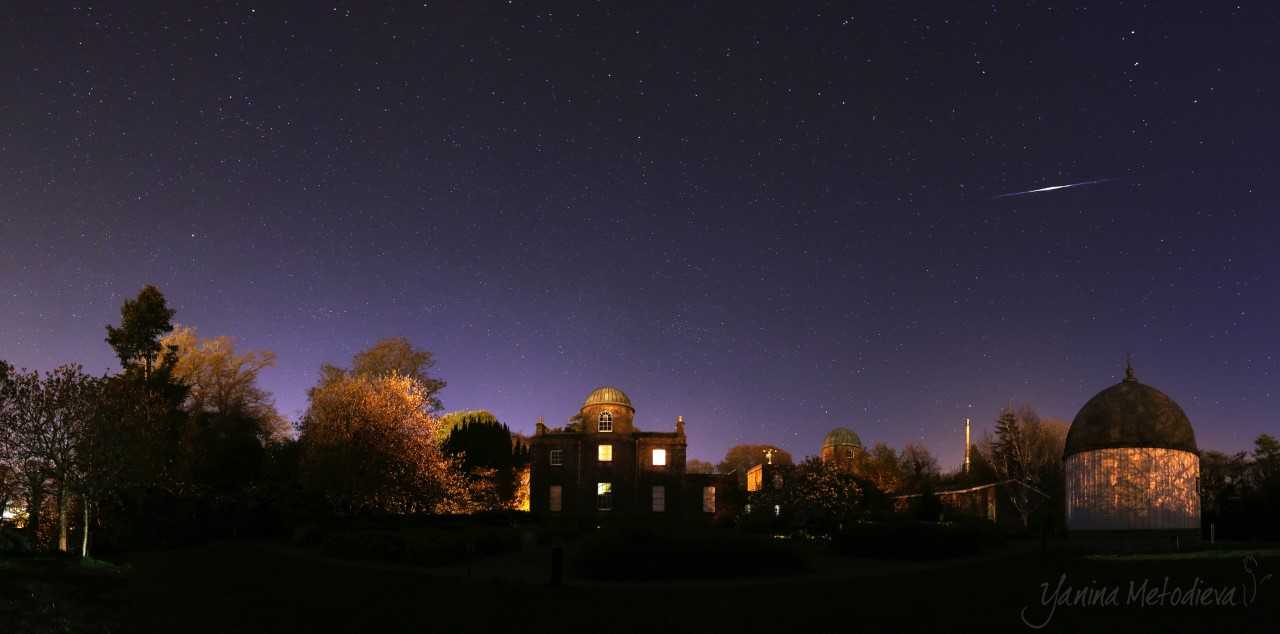Lunar impact flash detected on the Moon by Armagh Observatory and Planetarium
On 12 December 2025 At 03:09:36 UTC, astronomers at the Armagh Observatory and Planetarium (AOP) have captured what is believed to be the first video recording of a lunar impact flash in Ireland, and the second recorded from the UK! What you can see is a brief flash of light Read more


















